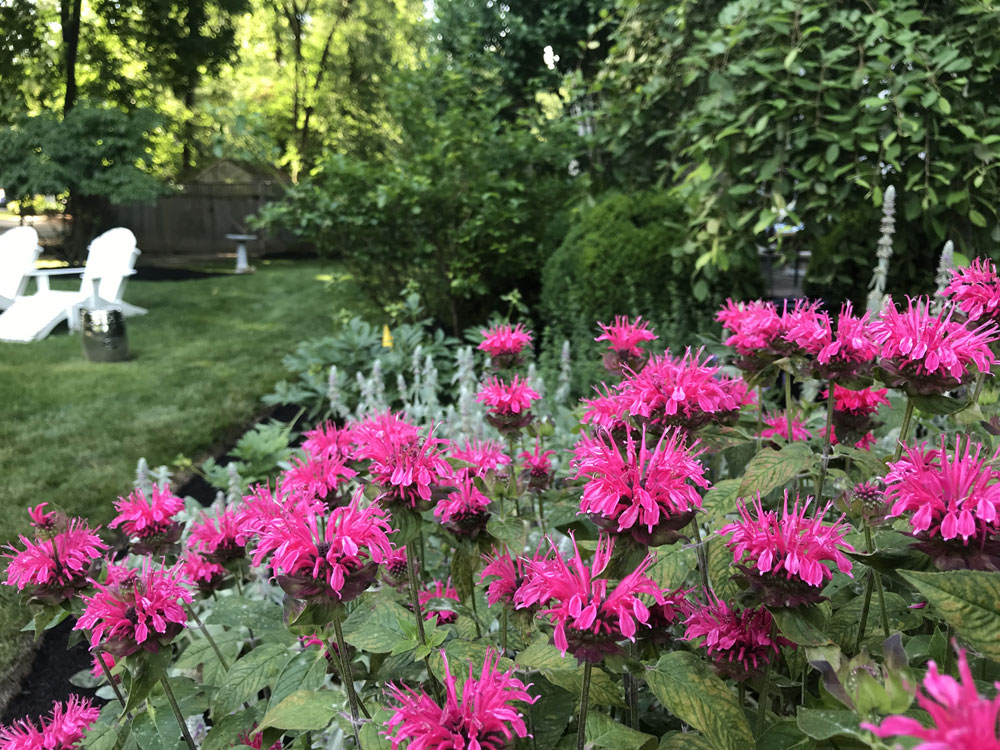All plants need a few things in order for healthy growth – water, sunlight, and proper nutrients are essential among them. We have already discussed some summer gardening tips that you should use to ensure that your plants don’t dry out in the scorching heat. Nutrients are also very important if you want a lush garden, and gardeners need to familiarize themselves with the practice of fertilizing to make sure their plants get the nutrition they need! Here are some of the basics of fertilizing to get you started.

Fertilizing Provides Essential Elements
Fertilizers contain three basic chemical elements that plants need to survive – nitrogen, phosphorous, and potassium. Each of these elements play key roles in the growth and development of plants. They can all be found in regular soil, however, so why should we even bother with fertilizing in the first place? The reason is that this soil may not have enough of these basic elements present for the plants to grow well; in some instances, the plants may not even be able to make use of the elements that are present. As we grow our gardens, the essential chemical elements are used up, but they usually do not replenish themselves sufficiently to keep up with the ever-growing needs of the plants.
What Do Your Plants Require?
Comparing the chemical needs of your plants with a test of the soil’s composition can clue you in to what kind of fertilizer they need. However, in a general sense, we can make an educated guess based on the type of plant you need to feed. For example, flowers tend to need more phosphorous for growth, so a fertilizer high in phosphorous may be the best option. However, if you want to fertilize your lawn, a higher level of nitrogen is required. There are numerous varieties of fertilizers available on the marketplace today – some of them organic, others inorganic.
Too Much of a Good Thing
One piece of advice that you should heed for fertilizing any type of plant – just as with watering, there is such a thing as too much fertilizing! It is, in fact, possible to overfeed your plants – this can lead to damage and even death of the plants. A soil test is critical to making sure your plants are getting just the right amount of fertilizer. By feeding them just enough, you’ll see returns in the form of a healthier lawn, garden, or trees!
Get Certified Professional Help
If you have a unique, personal landscaping project in mind, contact Cutting Edge Lawn & Landscaping. We will work with you to combine your vision with our renowned expertise and experience to make it happen. We’ve been in business for over a decade and our goal is to give every landscape a curated touch while offering the knowledge to keep your residential outdoor area beautiful all year long. Give us a call today at 609-356-3465 or fill out our contact form here to get the process started.
